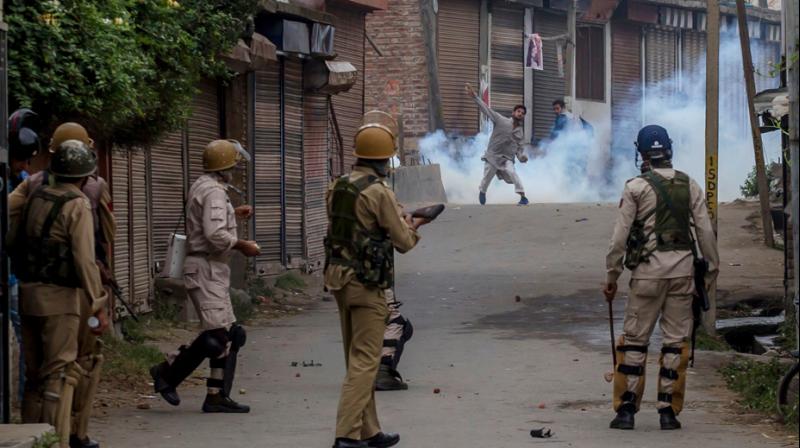Dilli Ka Babu: Delhi calling TN babus

The political uncertainty prevailing in Tamil Nadu is making many babus in the state move to the Centre. Sources say that at least six senior IAS officers have left for Delhi on Central deputation in the past five months. They include Ambuj Sharma, Jatindra Nath Swain, K. Rajaraman, S. Gopalakrishnan and even Shiv Das Meena, principal secretary to chief minister E.K. Palaniswami. The latest to leave the state is Ashish Kumar, a 2005-batch IAS officer, who shifted to the national capital last month as officer on special duty to minister of state for PMO. The exodus, observers note, could be also driven by the thought of missing out on a Central assignment which would make them eligible to become secretaries at the Centre later on.
Much-needed push for reforms
Modernising policing is one reform that has been hanging fire for ages. Dilli however sprung a pleasant surprise by announcing a Rs 25,000 crore internal security scheme to strengthen the law and order apparatus, modernise state police forces and enhance their capacity to combat terrorism. The Centre will apparently finance around 75 per cent while the rest will have to be provided by the states. Sources say that state governments have been disinclined to make any investments in police, which has led to slow pace of modernisation. More than a decade ago, the Supreme Court had issued directions to the Centre and state governments to transform their police forces into professional, accountable and efficient service units.
However, a recent report shows that compliance remains far from satisfactory with none of the governments enacting laws to adhere to the guidelines. This move of the Centre will encourage states to step up and take the requisite measures within the next three years. But experts are warning against expecting too much. While agreeing that modernisation scheme is a progressive and necessary step, it does not address the need for structural reforms, specially the need to provide full autonomy to the police, for it to discharge its functions in a modern democracy. But successive governments have been silent on this crucial question. Will the establishment free the police from the stranglehold of politicians, is a question few netas dare answer with any honesty.

